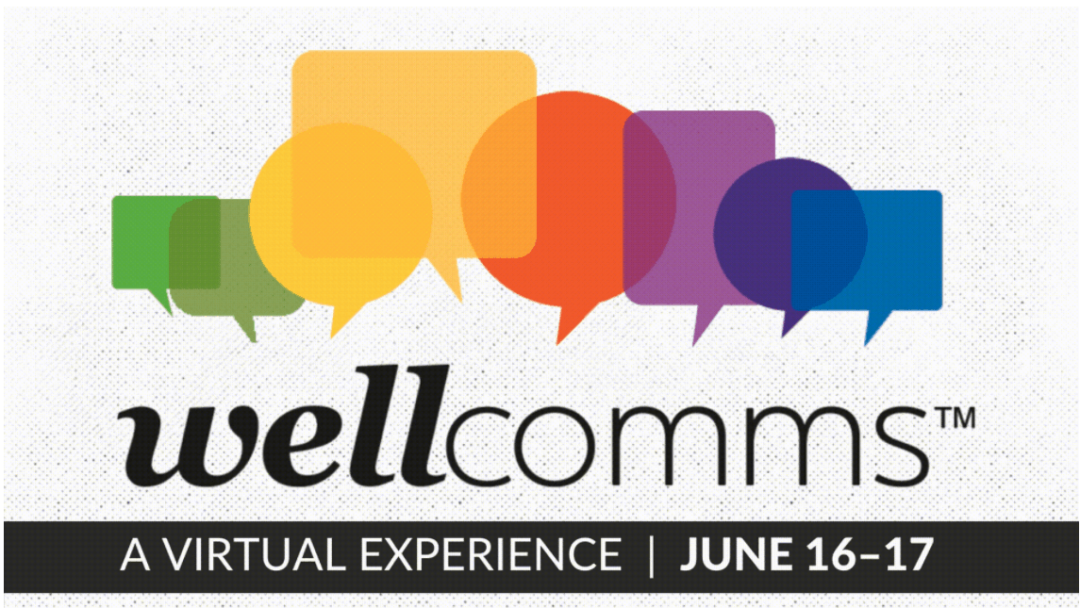- Position Your Business for Success. In the talk Future of Wellness, Anna Pione, Associate Partner at McKinsey & Company, and Shaun Callaghan, Partner at McKinsey & Company, presented an overview of business opportunities. They advised developing personalized, digital marketing capabilities and incorporating influencers. Also key: Ensure seamless omnichannel digital offerings, including app-enabled options to keep consumers in the ecosystem.
- Stay Relevant & Real. It’s important to stay in-the-know about current events and positioning the company for growth, the experts at McKinsey & Company emphasized. “Find a new touchpoint to engage with consumers that’s not you selling a product,” advised Callaghan. “Take an omnichannel approach. While there is broad interest in Wellness, each brand needs to target specific groups. It’s about having a broader strategy to connect with more consumers.”Keeping up with society is also important. Alison Borgmeyer, MS, RD, General Manager, Edelman Food & Beverage Center of Excellence, explained: “60% of U.S. consumers want brands to invest in addressing the root causes of racial inequality and 58% want brands to educate the public and advocate for racial equality.” Borgmeyer added that buying on belief is the new normal: In 2019, 64% of consumers chose, switched, avoided, or boycotted a brand based on its stand on societal issues. Another tip: participate in society, but not just for one day. “Research shows brand trust is earned, not bought. Be consistent. Don’t celebrate one holiday, and not do anything the rest of the year.”
- Foster Trust. Trusted companies are better prepared against risk, more resilient in the face of crisis, and better equipped to unlock their full potential, said Jennifer Hauser, General Manager, Health & Wellness, Edelman, in the “Communicating Trust to Consumers in a Post-Pandemic World” talk. Trust has been declining across healthcare subsections, hospitals, biotech, consumer health, health insurance and pharmaceutical companies, according to Edelman research. 81% consumers want to trust that brands do what is right. When consumers are deciding to try out a new brand, trust is second after cost. 70% say trusting a brand is more important today than in the past. The ways to develop trust? Consistency and transparency. Research shows brand trust is earned, not bought.
- Promote Experiences. The team from McKinsey & Company also reported that consumers are moving toward experiential purchasing, hinting that businesses should take the opportunity to pivot. McKinsey researchers found that consumers are planning to spend more on services than products in the future. Still, they noted, products are a large part of the market, at 70% in the U.S. versus 30% for services.
-
Maintain a Healthy Workplace Environment. As teams transition to hybrid and full-time office styles, take care not mistake a fire for an inferno, advised Ilyce Glink, Founder/CEO, Best Money Moves in her talk Workload at Capacity: Get Your Team to Work Smarter, Not Harder. She says to avoid:
-
- Meeting mayhem (an unstructured meeting without an agenda)
- Colleagues who chitchat
- Customers, clients or colleagues who need hand holding
- Messy desks and disorganized files
- Interruptions
- Procrastination
- Over-scheduling and multitasking, which, Glink says, doesn't work. Once your team can avoid those work obstacles, Glink advises company leaders to create a healthy workplace environment by being a strong communicator, building a supportive culture, telling it like it is (and not how you wish it was), understanding what motivates your team, liberally and publicly sprinkling praise, providing feedback privately, and listening closely. And of course: Be kind.
-

Previewing Expo West 2025
March 2, 2025









